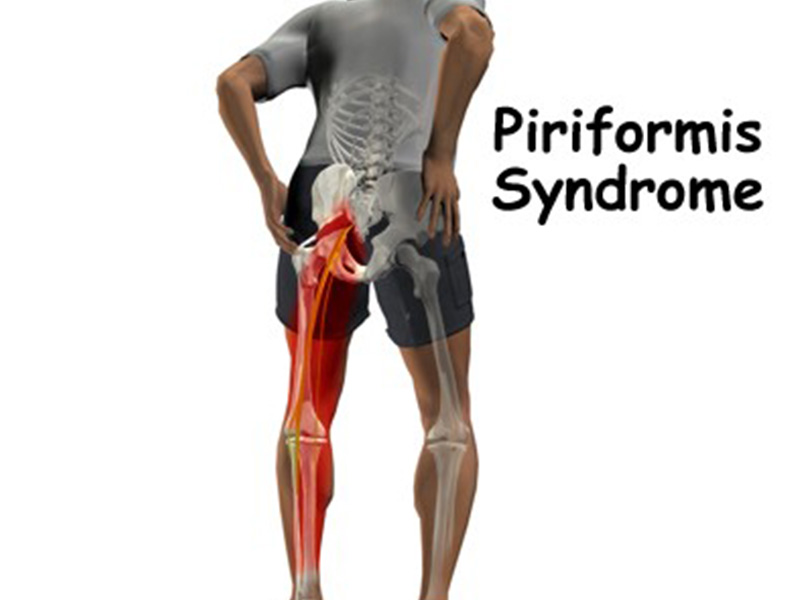Piriformis Syndrome Treatment

Synonyms deep gluteal syndrome, extra-spinal sciatica, wallet neuritis.
Piriformis syndrome (PS) is a painful musculoskeletal condition, characterized by a combination of symptoms including buttock or hip pain. In several articles, piriformis syndrome is defined as a peripheral neuritis of the branches of the sciatic nerve caused by an abnormal condition of the Piriformis muscle (PM), such as an injured or irritated muscle.
There are more women diagnosed with Piriformis syndrome than men, with a female–to–male ratio of 6:1. This ratio can be explained by the wider quadriceps femoris muscle angle in the os coxae of women.
Symptoms - Gluteal pain that may radiate down buttock and the leg, and that is made worse in some sitting positions.
Depending on the patient, the pain can lessen when lying down, bending the knee or when walking.
The patient may present with a limp when walking or with their leg in a shortened and externally rotated position while supine. This external rotation while supine can be a positive piriformis sign, also called a splayfoot. It can be the result of a contracted piriformis muscle.
Treatment for Piriformis Syndrome is Katipad Patrapottali sweda, Nadi sweda, Viddha Karma, Basti karma.
